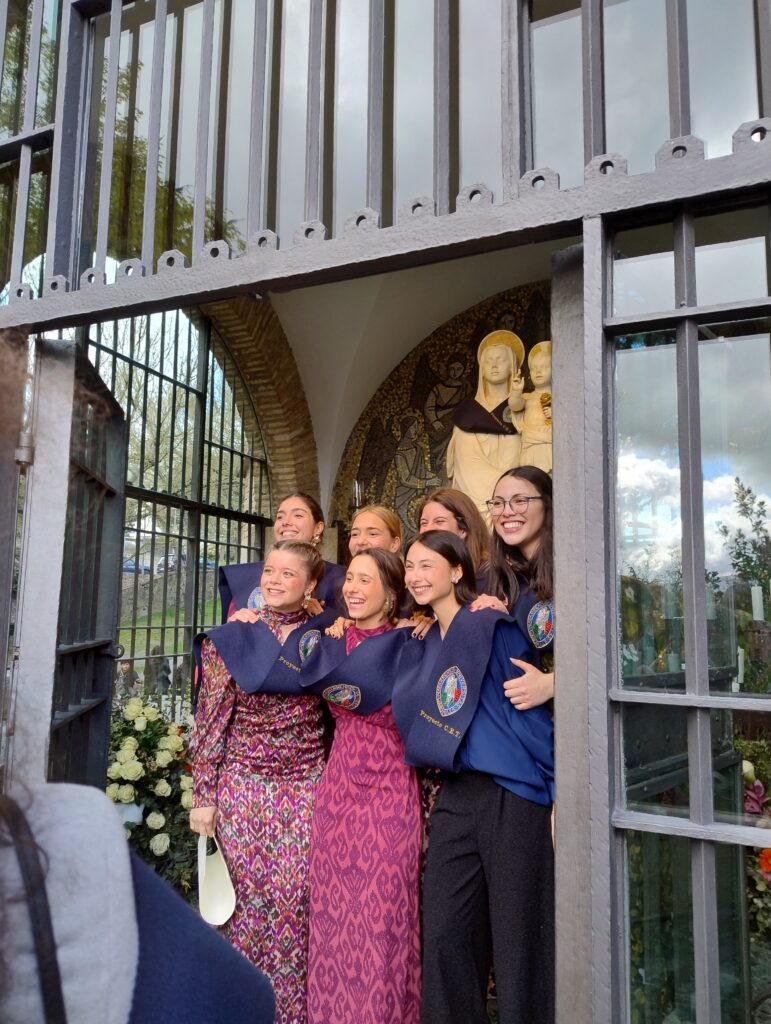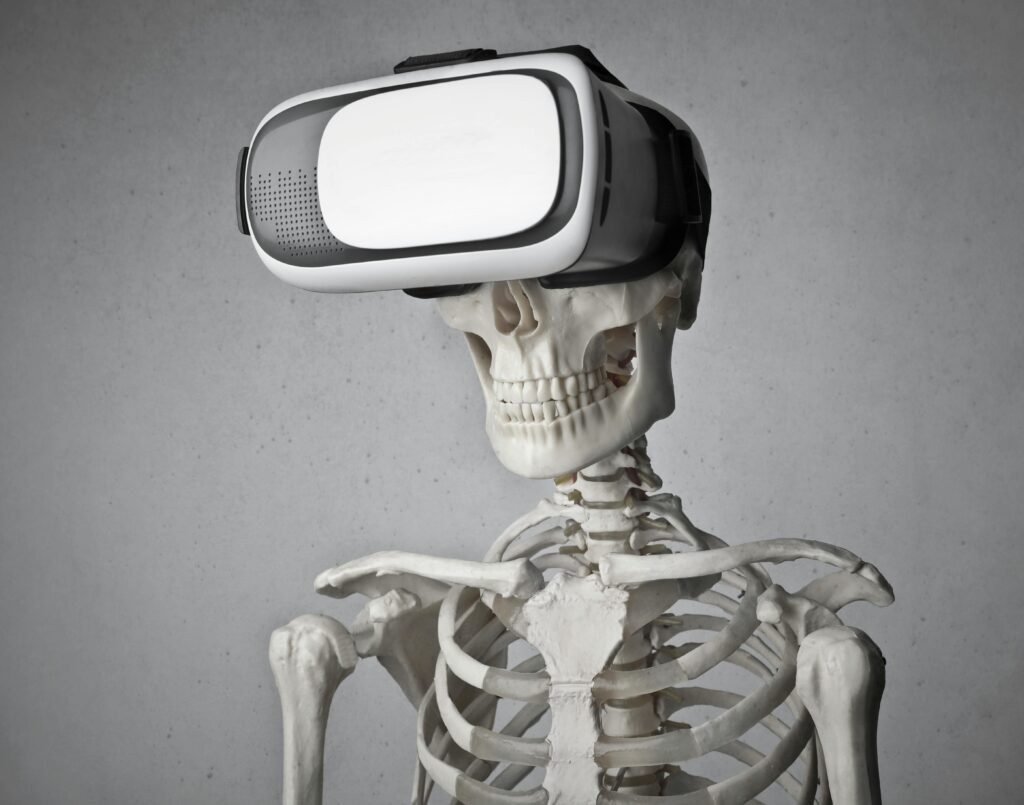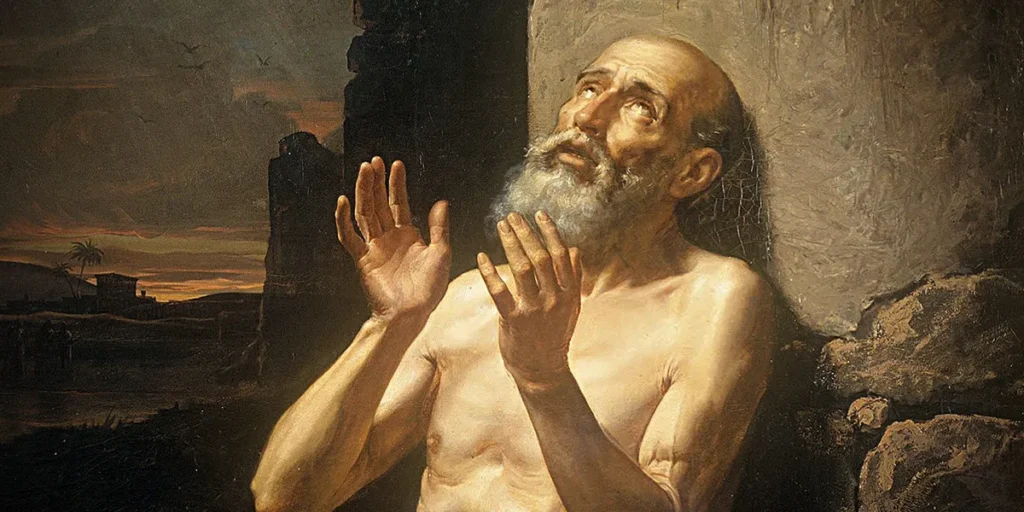Life, with its lights and shadows, has meaning
Reflections from Viktor Frankl

Some books by Viktor Frankl (1905-1997) can be said to be variations on a great theme: the meaning of life. A recent one, accept the ephemerality of existence (Herder, 2023), is a reflection on life and its finitude, in its joys and sorrows, since the human being, in any of the scenarios in which he moves, is given the best possible meaning. A sense that provides plot and purpose to life, filling each dawn with hope.
Each person is not a moment in a production line that produces equal, predictable, bulk products. Saying that each human being is unique and unrepeatable is not a mere cliché, it is a reality. It is an exaggeration to try to “explain” our neighbor by his biological data, his social condition, and his psychological profile. Clinical analyses, therapies, market studies, social conditioning, and generational characterizations (millennials, centennials, glass…) say a lot about each one, but they do not exhaust who we are. The richness of our being overflows the attempts to trap us in an exact equation, not because we are unpredictable, but because we are free, and our spiritual condition can rise from the conditioning that surrounds it. Hence, saying “I know you” is not stating “I have you”; it is manifesting that I know something about you, even when you continue to be a mystery, revealing itself little by little on the timeline.
Frankl recommends having an open mind, eyes awake to realize the concrete possibilities of meaning that life gives to our existential journey in any of its sections. A sense of experiencing something or someone, that is, a purpose for what or for whom that provides an argument to human existence. Sometimes, we are the ones who propose the life project. Other times, unintended painful situations befall us. Also, these pending aspects of life, with its share of suffering, lodge in the soul. They are painful experiences that can plunge us into pits of despair; but they are also tests capable of transfiguring our existence, opening us to greater horizons of understanding: in these trances, the light is not inside, it comes from outside.
“We live in a society,” notes Frankl, “in which the meaning of life is not sought, but rather the value of utility” (p. 53). This utilitarianism is part of the culture in which we operate. Its expressions are multiple: what do I gain from this? What is this subject for? How does this activity benefit me? How much is there? What is it like? Being useful, adding value, being employable, everything speaks to us of usefulness. A society like this pulverizes the meaning of life, and divides human beings into useful and useless ones. From uselessness to the loss of the meaning of life is barely a step, a devastating step.
Frankl also remembers that “all despair is ultimately given by a form of idolatry: turning a certain value into an idol” (p.28). This idolatry leads to taking away meaning from life: if I don’t have that, life stops having meaning. This is what can be seen in the character Harold Abrahams from the film Chariots of Fire (1981). He trains, winning the race at the 1924 Olympic Games. He loses a previous competition and becomes discouraged, deciding not to run anymore. His girlfriend tells him that this is not the end of the world and that he can continue competing. Harold answers that he trains, not to compete, but to win. Harold turned his desire to win into an idol and could not avoid the collapse of his life. His girlfriend points out that there are doors that close, but others open. Life goes on.
This book by Frankl constantly invites us to think about the paths of life, illuminating routines, transfiguring suffering and bringing smiles to the heart.
 (EN)
(EN)
 (ES)
(ES)
 (IT)
(IT)





